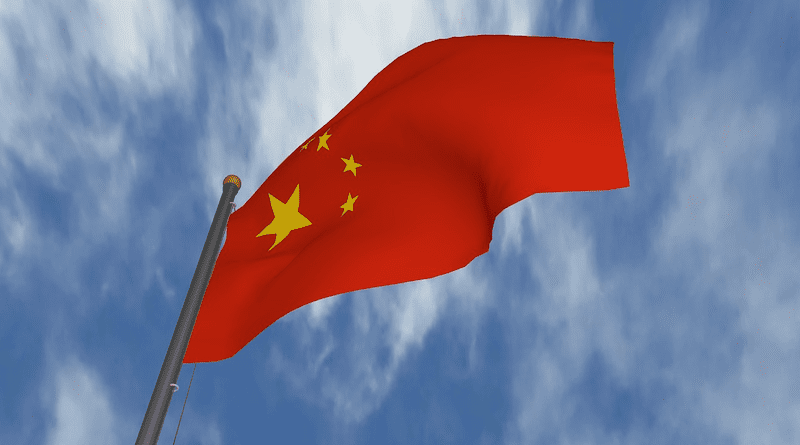BRICSoChina Or World Coalition Order – OpEd
BRICS has recently shown its tendency to expand its membership or consider new applicants. This raises the question of how stable and coherent this alliance is, and what its vision and goals are for the future. Why does BRICS want to include more countries in its organization? What logic and understanding of the current situation or the future prospects guide its decisions? Are these decisions consistent with the original philosophy and purpose of forming this group, or do they reflect a shift in BRICS’ perception of the new international order and its agenda? Is BRICS following China’s agenda (BRICSoChina) in creating a new order for a more peaceful and cooperative world? These questions suggest that BRICS may be undergoing a third wave of paradigm change in its organization.
BRICS was formed in 2001 as a group of fast-growing countries in the world economy, namely Brazil, Russia, India, China, and South Africa. These countries cover 27% of the world’s land area and have 42% of the world’s population. They are also part of the Group of 20, a larger forum of major economies.
One of the features that distinguishes BRICS from other similar groups, especially the Security Council that dominates the world order, is its horizontal, non-hierarchical, egalitarian, and mutually beneficial structure. BRICS became an intergovernmental organization in 2009, holding annual meetings to discuss its future policies. However, BRICS is now facing a more significant issue in its evolution, which is its third paradigm shift.
BRICS underwent its first paradigm shift in 2009 when it became an intergovernmental organization after the global economic crisis of 2008, which originated from the US financial market crisis that affected other countries. Now, in 2023, BRICS may be experiencing its third paradigm shift since its inception, as it is expanding its membership and seeking to distance itself from the Western order. BRICS seems to have recognized a new crisis in the international order and aims to create a parallel order in the Southeast region, aligned with China’s vision and interests. BRICS may also try to transform the Chinese order into a BRICSoChina order, which would be based on a coalition rather than a single hegemon. However, this coalition order would require new geopolitics that challenges the Western liberal order led by the US.
BRICS aims to create a new geopolitical axis from Latin America to the Far East, which can challenge or complement the existing global order by forming a belt corridor across the continents. The invitation of Iran, Egypt, Ethiopia, and Argentina to the BRICS summit in Johannesburg reflects this paradigm shift. BRICS wants to transcend the previous paradigm, which was shaped by the US-led liberal order, and initiate a new one. However, this attempt is being made in a conservative and gradual manner, paving the way for future rapid expansions.
The primary orientation of BRICS is undergoing a transition from an economic one to a geopolitical one that assigns greater significance to security and political dimensions. This implies that BRICS may become a political-security organization rather than a mere economic one, if it accepts new members by January 2024. The challenge here is that BRICS needs a strategic roadmap and the tools to implement it, in order to create a new centrality in the international order. By adding new influential members, BRICS could fill the gap that existed in the former US regional security agreements and compete with the US-NATO alliance.
Some people think that BRICS is not a challenge to the international order and that its members have serious conflicts over borders or ideologies, such as India and China, or Iran and Saudi Arabia. However, it seems that crisis is a key factor that brings these members closer and expands their strategic influence. The countries that belong to BRICS or may join it in the future have all suffered from global discrimination and inequality, colonialism or foreign intervention, and the domination of superpowers. They aim to create a mechanism that prevents the victimization of independent countries in the international order. This could be a positive aspect of the new mechanism that seeks a fair, equal, non-hierarchical, and beneficial order for all people.
The question is whether BRICS can cope with the new security-economic arrangements and break the American-Western monopoly on the world order in times of crisis.

